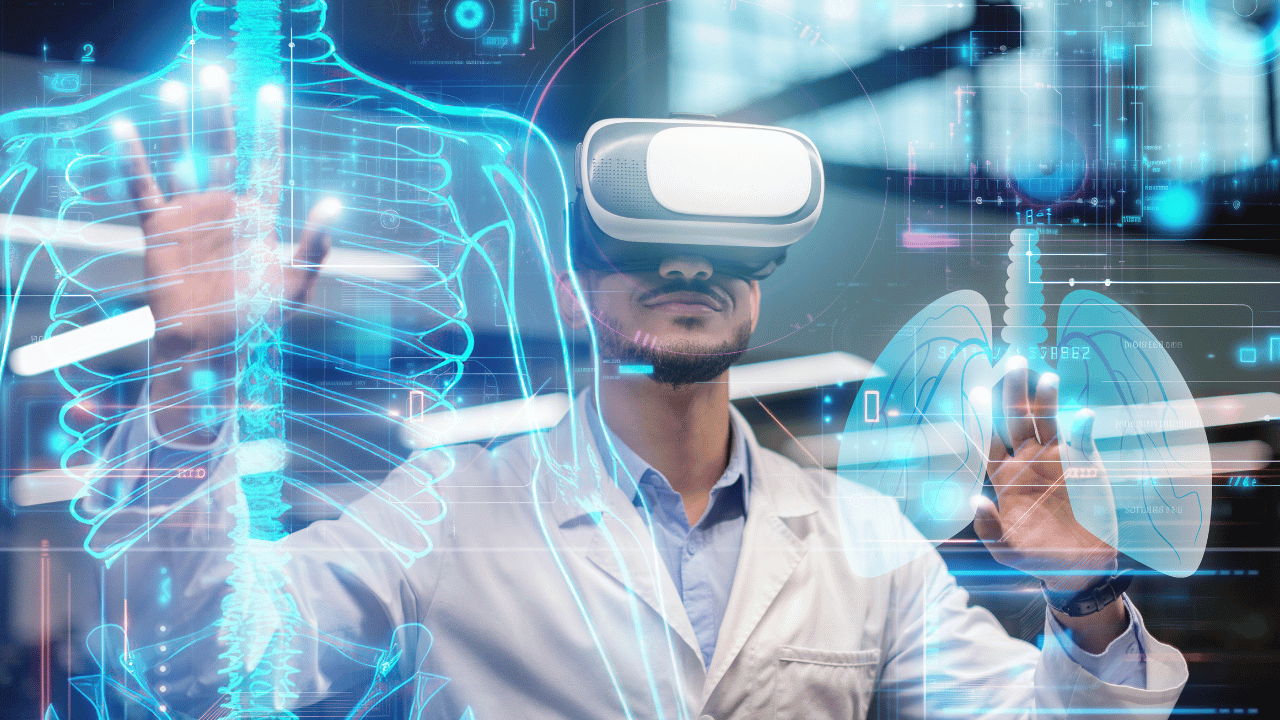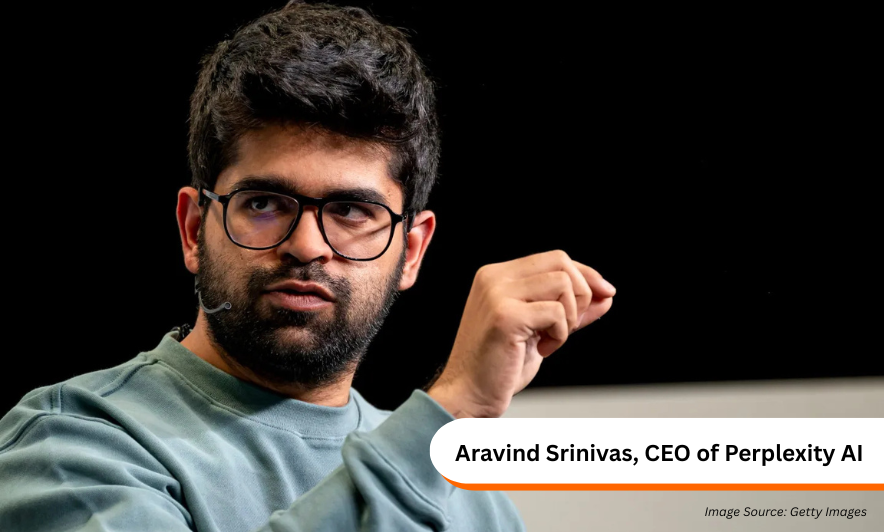Discover how AI is transforming healthcare—from early diagnosis and personalized treatment to remote monitoring and accelerated drug discovery—reshaping the future of patient care and medical innovation.
Artificial intelligence (AI) has moved from being a futuristic concept
to a practical tool transforming modern healthcare. Across hospitals, research
labs, and pharmaceutical organizations, AI is enabling early diagnosis, guiding
clinical decisions, engaging patients remotely, and accelerating the discovery
of new drugs. Its applications are no longer experimental but are increasingly
woven into the workflows that define how care is delivered and how innovation
is pursued.
Smart Diagnostics & Predictive Analytics
One of the most impactful applications of AI lies in diagnostics.
Radiology, pathology, and clinical testing generate massive amounts of data
daily. Traditionally, clinicians relied on manual analysis, which could be
time-intensive and subject to human variation. AI is changing that.
Machine learning algorithms trained on large volumes of medical imaging
data such as X-rays, CT scans, and MRIs, are now able to identify subtle
anomalies that might escape the human eye. For instance, AI models have been
used to detect early signs of cancers, neurological disorders, or
cardiovascular abnormalities with high levels of sensitivity and specificity.
Predictive analytics extends this further. AI can forecast risks such as
hospital readmission, likelihood of complications after surgery, or the
progression of chronic diseases through drawing on electronic health records
(EHRs), lab results, and patient histories. For healthcare systems, this means
resources can be prioritized, interventions can be timely, and outcomes can be
improved.
Personalized Treatment & Clinical Decision Support
Diagnosis is just the first step; the real value of AI emerges in
treatment planning. Medicine has long sought to move away from a
“one-size-fits-all” approach toward personalized care, and AI accelerates that
shift.
Through the analysis of vast cohorts of patient data including genetic
information, biomarker profiles, and therapeutic outcomes, AI systems can
suggest treatment protocols tailored to the individual. For example, oncology
platforms powered by AI may recommend drug combinations that work best for
patients with specific genetic mutations, while avoiding therapies that may
pose risks due to comorbidities.
Clinical decision support systems (CDSS), augmented by AI, now play a
critical role in guiding physicians. These systems can synthesize information
from multiple sources like EHRs, clinical guidelines, drug databases, and
present actionable insights in real time. The result is not the replacement of
physicians, but the empowerment of clinicians with better tools to make
informed decisions.
Remote Monitoring, Telemedicine & Patient Engagement
AI has also become a key enabler of remote healthcare, which has grown
in importance with the expansion of telemedicine. Wearables and connected
devices now continuously track patient vitals like heart rate, glucose levels,
oxygen saturation, and feed that data to AI systems capable of detecting
anomalies instantly. An irregular heartbeat detected by an algorithm can
trigger an immediate alert to a clinician, potentially preventing critical
events.
Telemedicine platforms are increasingly supported by AI-driven chatbots
and virtual assistants that help triage patient symptoms, schedule
consultations, and provide educational resources. These tools not only extend
the reach of healthcare providers but also empower patients to take a more
active role in managing their health.
Beyond convenience, AI-driven patient engagement contributes to
adherence and long-term wellness. Systems that remind patients to take
medications, follow post-operative care instructions, or schedule preventive
screenings create a cycle of proactive healthcare rather than reactive crisis
management.
Accelerating Drug Discovery & Development
Perhaps one of the most groundbreaking contributions of AI lies in
pharmaceutical research. Drug discovery has traditionally been a long, costly
process, often taking over a decade and billions of dollars before a compound
reaches the market. AI is disrupting this model by dramatically shortening the
research-to-discovery timeline.
Algorithms can analyze enormous datasets, ranging from genomic sequences
and protein structures to chemical libraries and clinical trial data, to
predict which compounds are most likely to bind effectively to a target
protein. This narrows down the list of candidates, reducing reliance on costly
wet-lab testing.
AI is also aiding in drug repurposing, identifying new therapeutic uses
for existing compounds. During the COVID-19 pandemic, for example, AI models
were deployed to screen known drugs for potential antiviral properties,
accelerating the search for treatments. Moreover, predictive toxicology models
allow researchers to anticipate side effects before moving to animal or human
trials, enhancing safety and reducing wasted effort.
Looking ahead, AI will increasingly act as a co-pilot for clinicians by
supporting rather than supplanting their expertise. Real-time adaptive
therapies, AI-driven clinical trial designs, and fully integrated patient
engagement systems are all on the horizon. With advances in computational
power, natural language processing, and robotics, the scope of AI in healthcare
will only expand.






